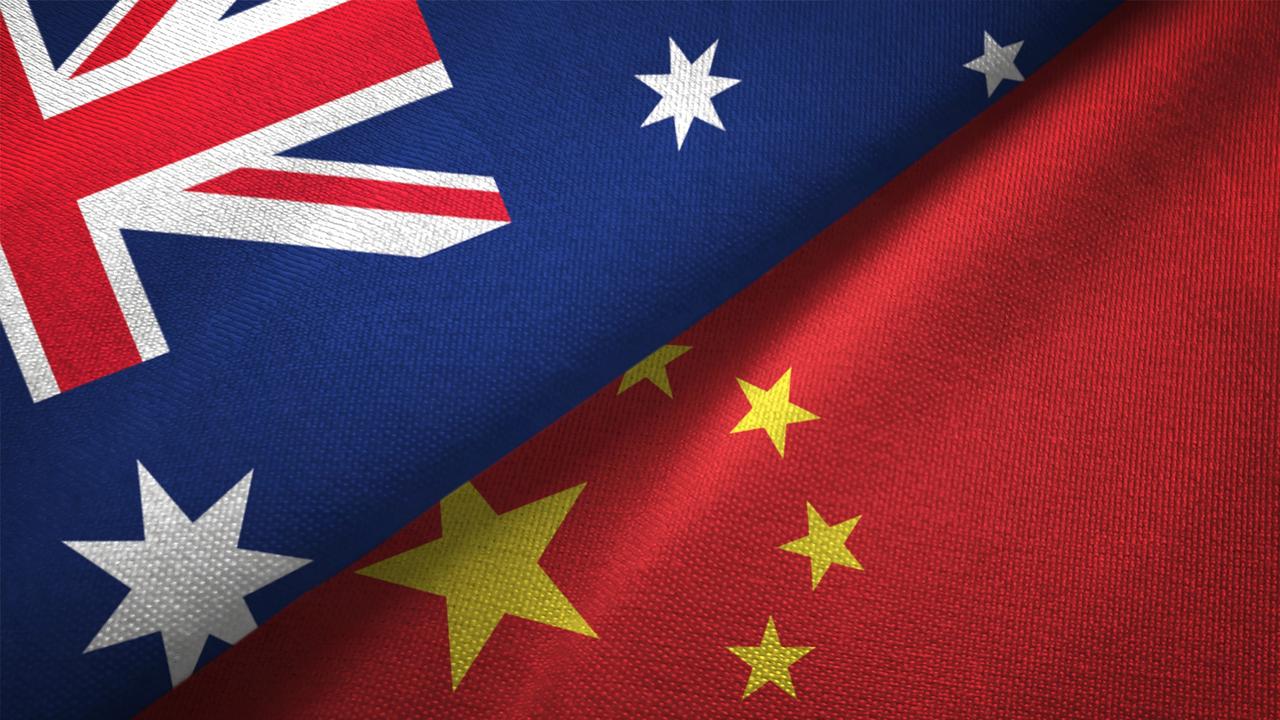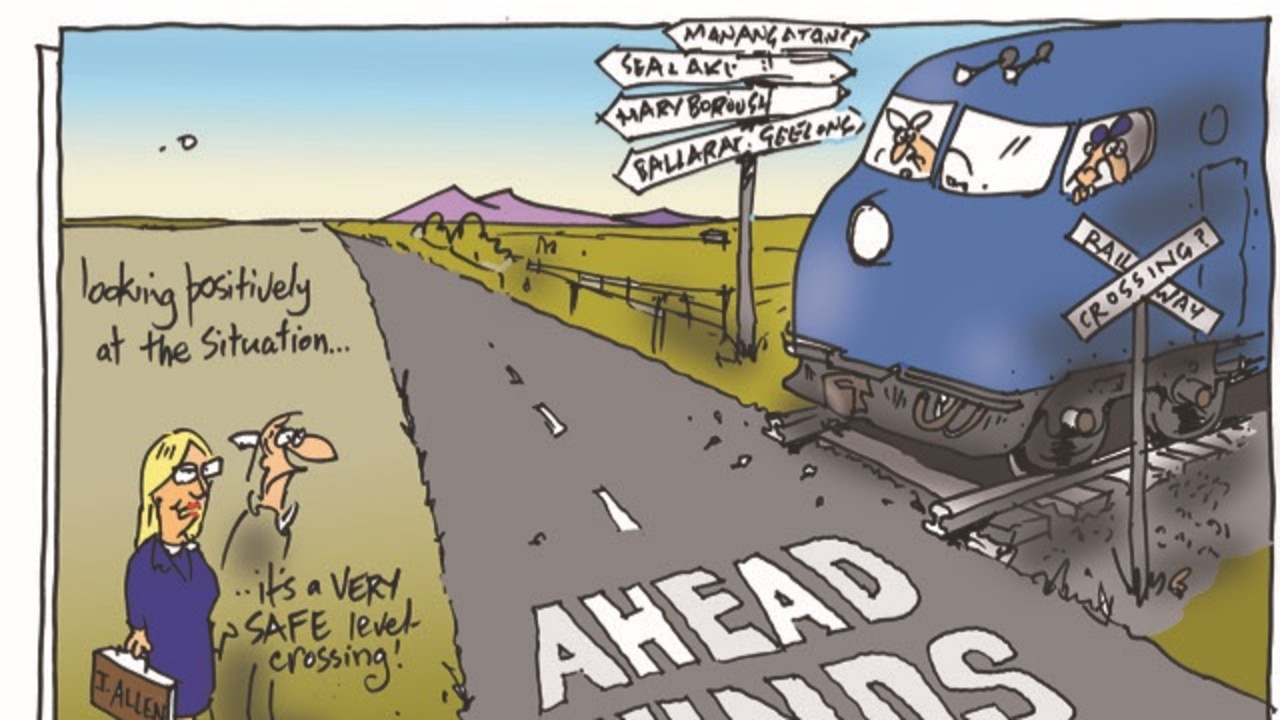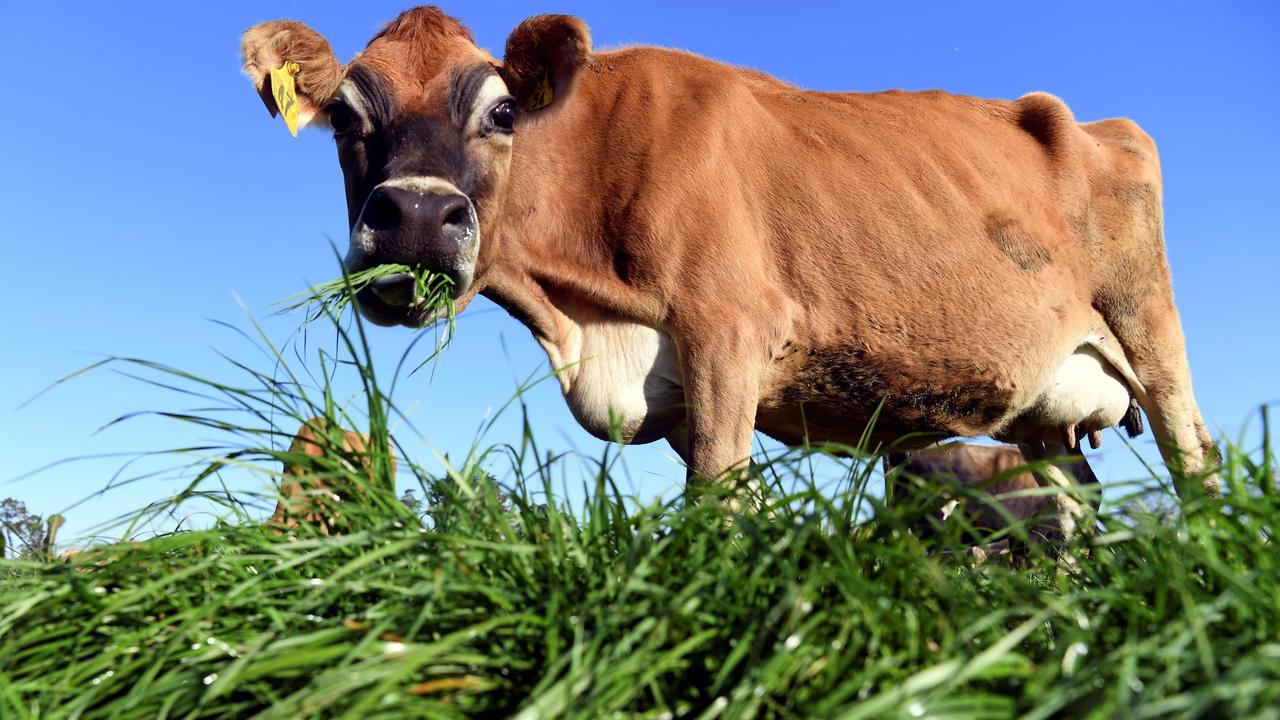Agriculture bears brunt of rising political anger over coronavirus
Beef and barley producers appear to be among the first casualties in an escalating political battle between Australia and China over the origins of coronavirus.

AUSTRALIAN exports of beef and barley to China are in the gun amid escalating tensions between the two nations over the origins of coronavirus.
China this week suspended imports from four Australian red-meat export abattoirs – the Kilcoy, Beef City and Dinmore meatworks in Queensland and the Northern Co-operative Meat Company plant at Casino in NSW – just days after it flagged tariffs of up to 80 per cent on Australian barley.
Australia-China tensions have been growing in recent weeks amid a push by Australia for a global investigation into the origins of the coronavirus pandemic. National Farmers’ Federation president Fiona Simson said the agriculture industry was concerned about the deteriorating relationship at a government level between Australia and China.
China is Australia’s No. 1 market for beef by volume, with almost 300,000 tonnes shipped last year – accounting for almost 30 per cent of total exports. Australia was previously the largest supplier of barley to China, exporting almost 6.5 million tonnes in 2017-18.
Trade Minister Simon Birmingham yesterday said the Government was advised late Monday of the four abattoir suspensions over labelling and health certificate requirements.
“We are concerned that the suspensions appear to be based on highly technical issues, which in some cases date back more than a year,” Mr Birmingham said.
The barley tariff comes as China finalises an 18-month anti-dumping investigation into Australian barley exports.
Ms Simson described the abattoir suspensions as “extremely concerning”, which could have implications for other Australian markets in China. She also urged for “calm heads to prevail” on the barley issue.
“It would be disappointing to see such an important market jeopardised because of political point scoring by either side,” Ms Simson said.
China’s ambassador to Australia Cheng Jingye last month warned Australia’s push for a coronavirus investigation could lead to a consumer boycott of Australian goods and services.
“Maybe the ordinary people will say, ‘Why should we drink Australian wine? Eat Australian beef?’,” Mr Jingye said in a media interview, remarks which Trade Minister Simon Birmingham labelled “inappropriate and irresponsible” and tantamount to “economic coercion”.
Victorian Farmers Federation livestock president Leonard Vallance blamed the abattoirs’ suspension and threat of barley tariffs on “political posturing” by the Chinese Government.
“The Chinese probably need to go hungry for a bit,” Mr Vallance said. “The Chinese no longer have a pig herd, they no longer have a chicken flock – because they ate them – so what are the Chinese people going to eat? If the Chinese Government is prepared to let their population starve … on a humanity basis I don’t think it is helping anyone.”
Ms Simson said while China was “a very important market for Australia” it was imperative “we observe the trading rules as well”. “We’re confident in our supply chain and expect everyone to play by the same rules,” she said.
There are concerns the meatworks suspension could have a greater impact on the global meat trade. Brazilian media yesterday reported that the suspension, “amid political tensions with Australian officials … had raised concerns among Brazilian slaughterhouses” with the Beef City and Dinmore abattoirs owned by Brazilian-based beef giant JBS.
Mr Birmingham said he had spoken with industry leaders, colleagues and departments to formulate a comprehensive response.
“We will work with industry and authorities in both Australia and China to seek to find a solution that allows these businesses to resume their normal operations as soon as possible,” he said.
In a statement, the Australian Meat Industry Council said it was “well aware that China has strict requirements for technical matters, including labelling, and the Australian meat industry takes these concerns exceptionally seriously”.
“While not desirable, we have dealt with issues of this nature before and are working closely with the Commonwealth,” the statement said.
In 2017, China suspended six abattoirs, including Beef City, JBS Primo, Kilcoy, Northern Co-operative Meat Company, Australian Country Choice in Brisbane and Thomas Food International’s plant at Murray Bridge in South Australia, for six months over labelling concerns.
Meanwhile, China final report into its 18-month anti-dumping investigation into Australian barley exports – on the basis of alleged subsidies to Australian growers – is expected next Tuesday.
The grains industry has united to raise alarm at China’s threat to introduce tariffs of up to 80 per cent on barley: a dumping margin of up to 73.6 per cent and a subsidy margin of 6.9 per cent.
Australia was previously the largest supplier of barley to China, exporting almost 6.5 million tonnes in 2017-18. But that dropped to about 2.4 million in 2018-19, due to the ongoing drought and anti-dumping investigation, which began in November 2018.
GrainGrowers chairman Brett Hosking said if tariffs were implemented as flagged, he could not see barley being exported to China in the long term. “It would be a missed opportunity,” Mr Hosking said.
Rabobank senior grains and oilseeds analyst Cheryl Kalisch Gordon said no other market came close to the opportunity China offered.
Mr Birmingham has rejected any suggestion of “undue government subsidies”, and reserved all rights to appeal the final decision, including taking China to the WTO if necessary.



